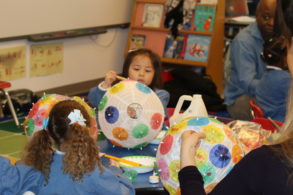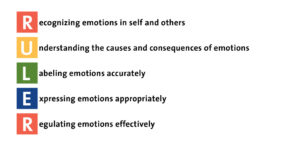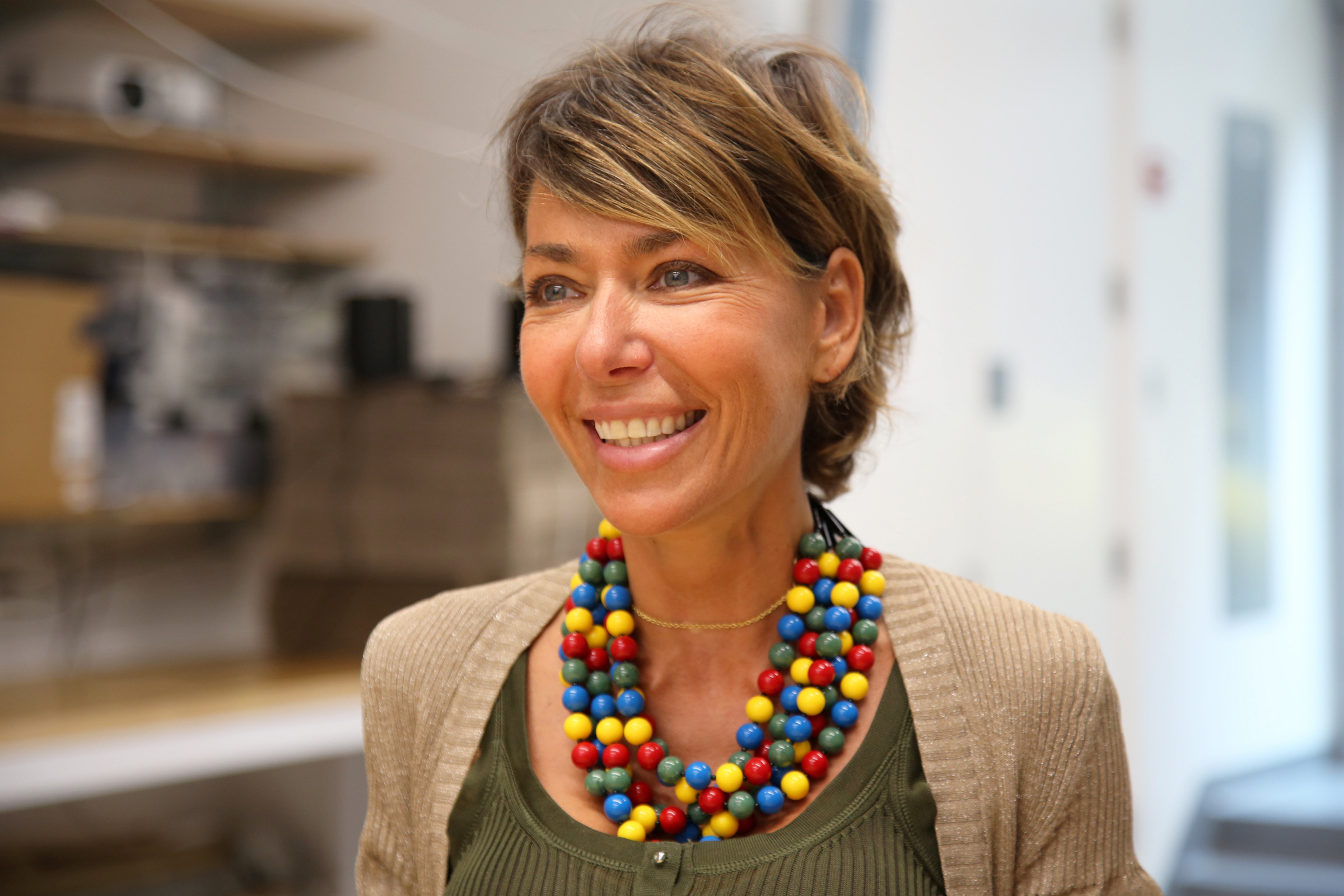The necessity of an education rooted in tolerance and understanding is undeniable. For this school and all schools, the challenge is not only to teach humanist principles but also to make them a way of life for our students. But how do we do this?
The tragic events of this summer in Charlottesville, Barcelona, Myanmar and elsewhere in the world remind us of our duty and responsibility to our students (protect and educate) and to society as a whole (make it better, more humane). I am convinced that educating about diversity, openness and understanding is the strongest weapon we have against racism, discrimination and fanaticism of any kind.
According to the FBI, in the US in 2015, there were some 5850 bias-related crimes. Such crimes are often the consequence of a lack of education and exposure to people who are different from ourselves. For this reason, putting into place programs that allow students to learn to understand and build relationships with people different from themselves and to embrace these differences is essential to maintaining stable, balanced society.
Children are cognizant at a very young age of differences. By the age of 12, they have already formed stereotypes. Recent studies show that the best age to teach children about tolerance is between 4 and 9 years old.

It is therefore essential to introduce into the curriculum at the youngest ages and to develop this knowledge throughout a child’s years on school. Programs should, naturally, correspond to a student’s age and cognitive abilities. A child’s social and emotional development would be very different in kindergarten than it would in ninth grade.
What’s the best approach?
Social and Emotional Learning (SEL), and what we call emotional intelligence, must start with the development of social competency connected to diversity and be rooted in cultural and intellectual fluidity.
This type of education is essential for developing citizens who are proud of their indivdual identity, but also capable of great empathy and compassion, with a sense of justice in a society where prejudice and stereotypes cannot have a place–students who are at home in the world, with a clear sense of themselves, positive and confident.
At the Lycée, the renewal of our mission [1] is a direct call to teach children to be open and understanding of difference and oriented toward living in harmony with others. The Lycée already has a program and community adapted to this way of teaching. Our students already join us from diverse origins, in terms of socio-economic background, family life, culture, race and religion. However, we know that teaching about about difference must be thoughtful, explicit and systematic in our program. At the Lycée, our program in diversity is tied to our SEL program, which starts with teaching our students to appreciate their unique identity in a diverse world.
Openness to others starts with knowing ourselves
With the introduction of the RULER [2] approach in SEL as early as preschool, our students learn to recognize and articulate their emotions. This first step in communicating how they are feeling helps to ease tension and even address stereotypes they may feel about themselves. This work on themselves is the basis for living well together and collectively.
 At the same time, with the introduction of our diversity program, they learn little by little that in order to live together, they must recognize and accept individual differences and cultural diversity.
At the same time, with the introduction of our diversity program, they learn little by little that in order to live together, they must recognize and accept individual differences and cultural diversity.
Developing guidelines for students (and their families)
In the Primary School, one of our key tools to support this sense of living together in harmony is our class charter. Our students develop the charter together and decide for themselves, with the teacher’s guidance, how to go about doing this. This work combined with the French conseil de classe, developed by the child educator Freinet, gives students an opportunity to identify and address issues. It also requires students to construct a framework on their own that acknowledges compromises that need to be made in order to live well together.
Active engagement through project-based learning (PBL)
At the Lycée, we believe wholeheartedly that PBL is a liberating approach that roots what we teach in a real-world context. PBL can help students to become more aware of the major challenges of the 21st century: societal and environmental and build their belief in their own ability to engage in solutions for the world around them.
We know that teaching is complex and also delicate. Intolerance is all around us, and we know that what children learn at school can be unlearned in the environment outside of school. This approach to education implicates our families and must be supported and reinforced by parents at home.
It also means we must develop and prepare our teachers with the right tools and share them with families to use at home: teaching modules, shared values, answers to questions and tools to help students understand intolerance and prejudice.
There are many tools, but these from The Morningside Center, an organization we work with for our Secondary advisory program offers great examples:
- Guidelines for stopping oppressive behavior [3]
- How to talk with children about violent events [4]
- Teaching about controversial or difficult issues [5]
This recent article in the Washington Post [6] offers great resources that can be used in class, and this CNN resource [7] offers guidance on how to talk about hate crimes in the news with chidlren.
We can and must all work together to build a better world. As the great poet Maya Angelou says:
“History, despite its wrenching pain, cannot be unlived, but if faced with courage, need not be lived again.” – Maya Angelou.
About the Author :
Vannina Boussouf grew up on the Mediterranean island of Corsica, where bilingualism is an integral part of identity. She studied English and Spanish at the University of Corsica, and philology and letters in Cordoba, Spain, before starting a career as an elementary teacher and administrator. Vannina relocated to the United States in 2004, where she taught at the International School in Louisiana. She joined the Lycée in 2007 to direct the Primary School, and during her tenure, she has focused on innovative teaching methods that support the development of the whole child in a bilingual setting.
